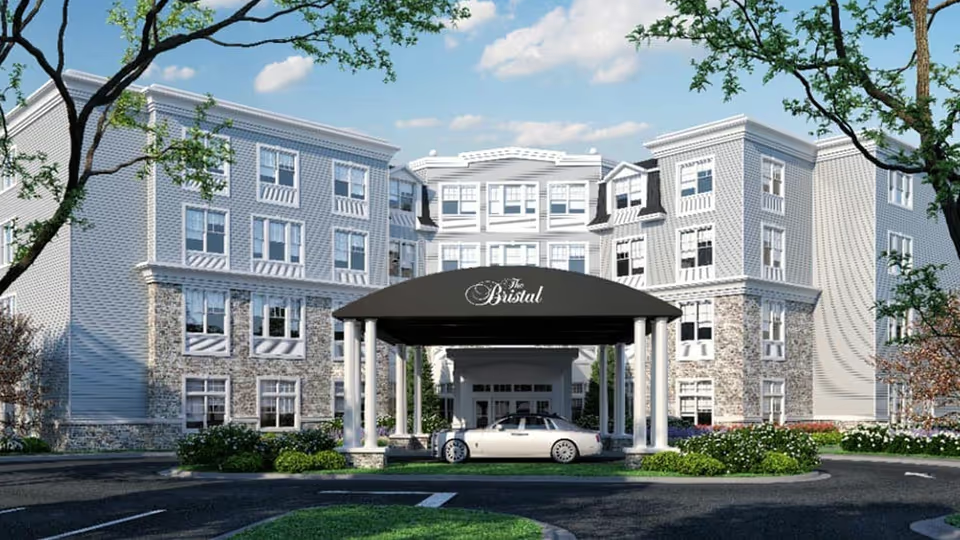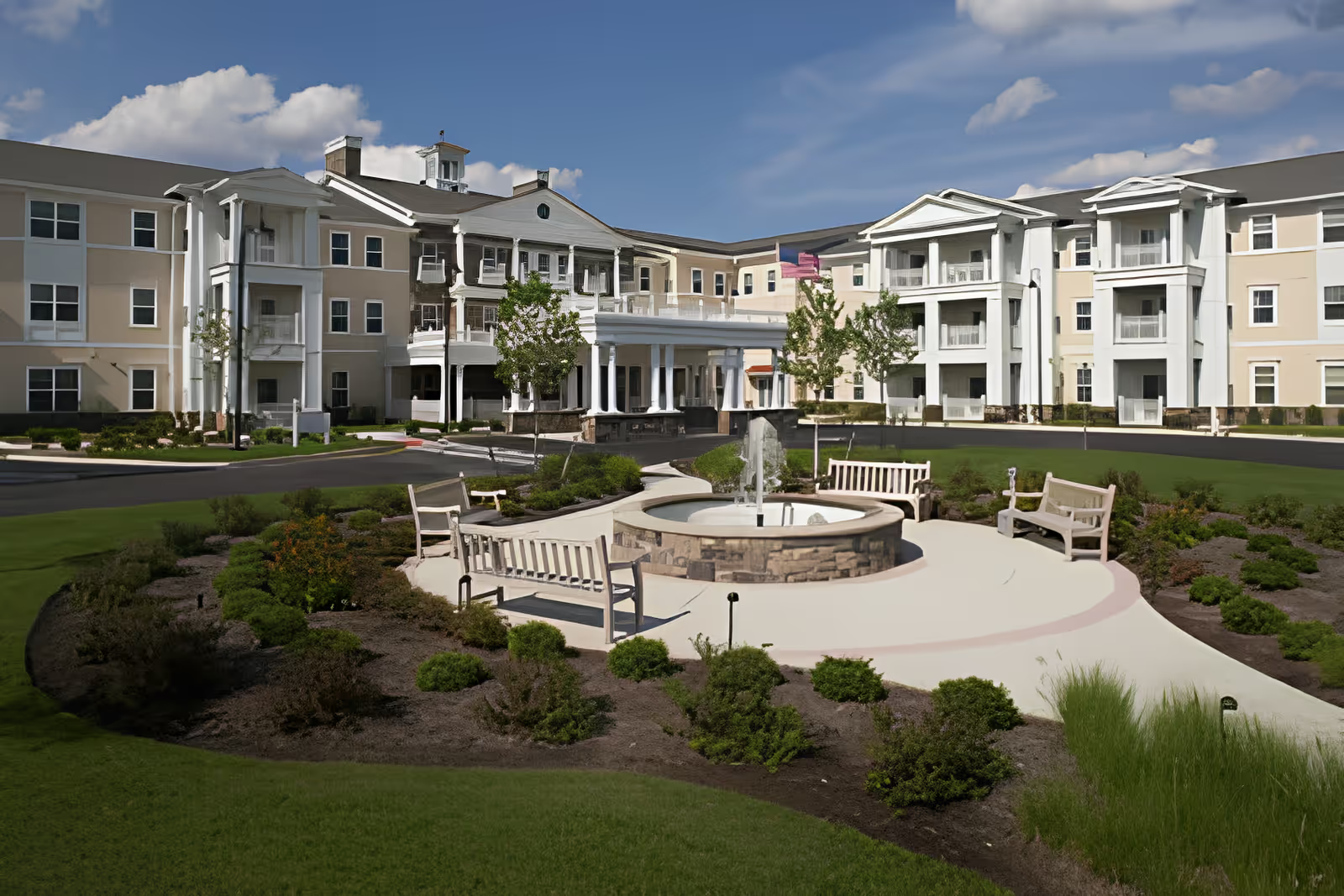The reviews for Carolton Chronic Convalescent present a highly polarized picture: many reviewers give unequivocal praise for the facility's short-term rehabilitation services and some individual staff members, while others describe serious, systemic issues in long-term care, staffing, safety, and administration. The most consistent positive theme is the strength of the rehabilitation program. Multiple reviewers described outstanding PT/OT care with clear, measurable progress for residents, and specific therapists (for example, Bri Hudak) were singled out for exemplary skill and compassion. Short-stay patients and families frequently report goal-oriented rehab, one-on-one attention, and strong clinical outcomes that led to successful returns home. Several accounts call the rehab and outpatient therapy professional, effective, and highly recommended.
Despite the rehab praise, there is a recurrent and substantial set of negative reports about chronic and long-term care. Complaints include rude or bullying aides, slow or absent responses to call lights, and inconsistent nursing care. Multiple reviewers report delays in medications (including pain meds), misfilled orders, pharmacy switches, and other medication-management failures. Some accounts describe very serious incidents—falls resulting in head injuries, alleged overmedication or painkiller overuse, a spinal fracture and dislocated shoulder, and neglect such as delayed UTI testing and residents left unattended. While one reviewer noted a blood-thinner incident that was later clarified as a paperwork error, several other reports suggested poor oversight that increased the risk of harm.
Staffing, professionalism, and communication emerge as central issues. Many reviewers describe being short-staffed, hearing hallway screaming, CNAs yelling and banging carts, aides making inappropriate comments, and some staff being slow to administer meds. There are also numerous allegations of unprofessional behavior: aides reportedly eating from resident trays, ordering extras for themselves, making fun of residents, and behaving disrespectfully or condescendingly. Conversely, other reviewers emphasize very caring, warm, and communicative nurses and managers; in at least one case the nurse director responded and corrected an issue. These mixed descriptions point to significant variability among employees and shifts—some teams and individuals provide excellent, compassionate care, while others fall far short.
Operational and environmental issues are split in the reviews. Several families praised the facility's cleanliness, on-site salon, good coffee, and social programming, including church services, music, and therapy dogs. Others reported dated rooms, odors (urine smell), pests (ants in an air conditioner), cold meals, and deplorable room conditions. Safety and supervision concerns were explicitly cited: doors left open leading to patient escapes, lapses that could endanger residents, and general lack of adequate oversight. The facility is described as "above average for acute care" but "average or worse" for chronic long-term care by some reviewers, underscoring the perception that acute rehab may be stronger than ongoing custodial care.
Administrative issues and visitation policies also recur. Several reviewers experienced billing discrepancies and poor communication from administration; a few described a perceived indifference from higher leadership or the board. COVID-era visitation policies were a frequent and emotive complaint: critics described extremely restrictive rules (outdoor tent visits only, placing bouquets outside for long periods) and what they felt was inhumane treatment of bedridden or end-of-life residents. Meanwhile, other families praised clear communication and proactive clinical leadership in specific cases, again highlighting inconsistency.
Overall pattern and takeaways: Carolton appears to offer high-quality, goal-driven rehabilitation services with standout therapists and some very compassionate nurses and aides, making it a strong option for short-term rehab. However, reviews consistently warn about variable staff behavior, chronic understaffing, medication and safety issues, communication breakdowns, and administrative shortcomings—especially for long-term or chronic residents. If considering Carolton, prospective residents and families should (1) ask detailed questions about staffing levels and supervision during long-term stays, (2) verify medication management and incident-reporting procedures, (3) inquire about visitor policies and how they are applied in practice, and (4) seek references specifically from recent long-term care families as well as rehab patients. The facility may be an excellent choice for focused rehabilitation but poses notable risks and inconsistent experiences for longer-term custodial care according to the aggregated reviews.







